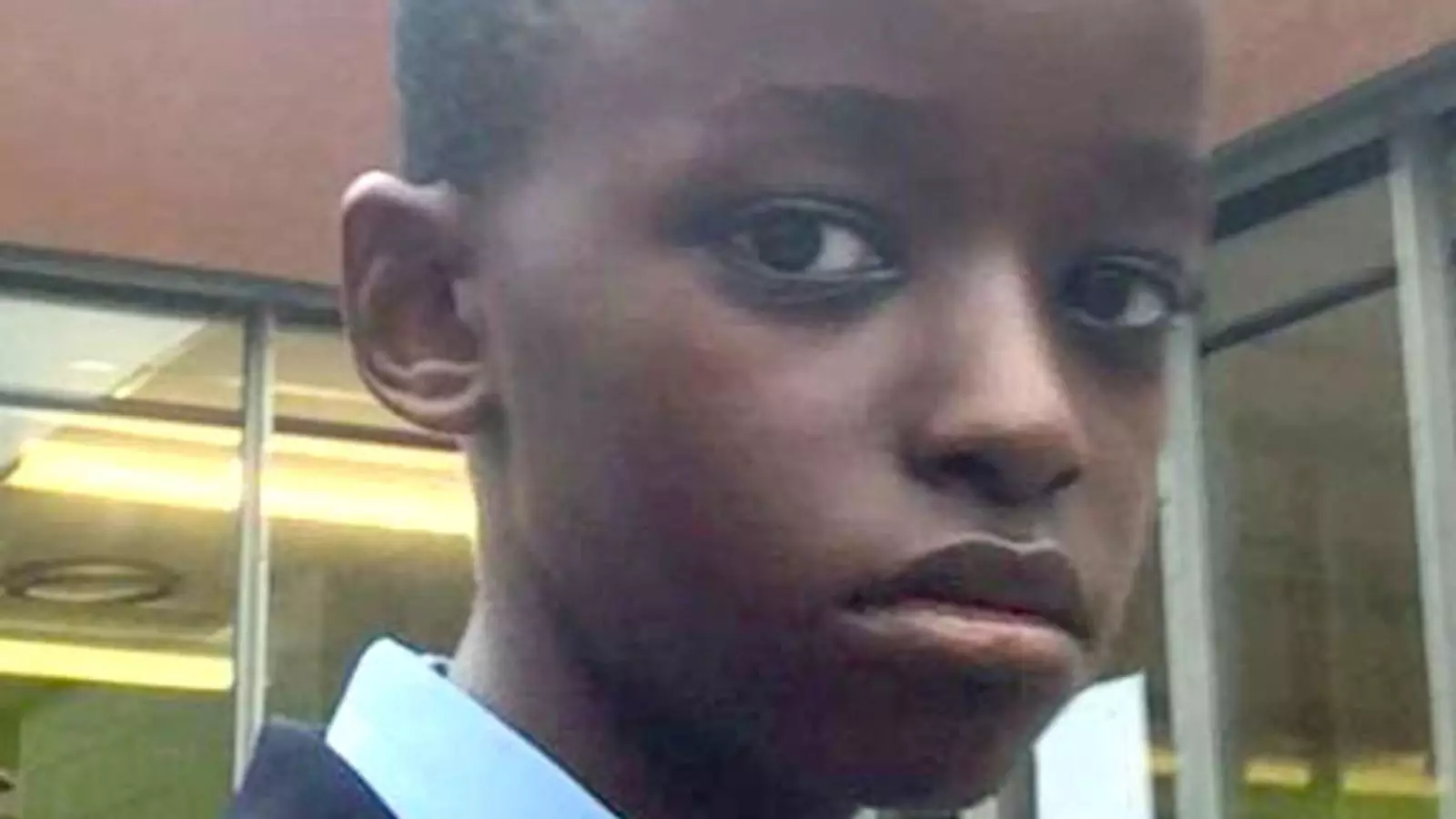The tragic stabbing incident in Southport has led to critical developments in the legal proceedings against Axel Rudakubana, an 18-year-old accused of committing heinous crimes. Rudakubana has been charged with the murders of three young children: Bebe King (6), Elsie Dot Stancombe (7), and Alice da Silva Aguiar (9), along with the attempted murder of eight other children and two adults. The attacks occurred during a Taylor Swift-themed dance class in Merseyside, an event that has since gained nationwide attention due to its shocking nature and the resulting public unrest.
The situation escalated significantly when investigators discovered the presence of ricin, a potent biological toxin, and an al-Qaeda training manual titled “Military Studies in the Jihad Against the Tyrants” within Rudakubana’s home. The discovery of these materials not only deepened the concern surrounding the incident but also led to new legal charges under the Biological Weapons Act of 1974 and the Terrorism Act of 2000.
During a recent video link appearance at Westminster magistrates’ court from Belmarsh prison, Rudakubana appeared visibly reserved, covering his face with his sweater and opting to remain silent when prompted to confirm his identity. This silence has raised eyebrows and questions about his mental state or legal strategy. His barrister, Stan Reiz KC, defended his client’s choice not to speak, describing it as a decision made “for reasons of his own.”
The legal implications of the new charges are vast. Before these, Rudakubana had faced three counts of murder and multiple attempted murder charges. The inclusion of the biological toxin and terrorist material significantly expands the scope of the case, implicating deeper issues of public safety and the potential for radicalization.
The public’s reaction to the Southport stabbings has been profound, with the incident sparking widespread outrage. Furthermore, that outrage intensified as misinformation regarding Rudakubana’s background led to a series of far-right riots throughout the UK. Despite initial claims that Rudakubana was an asylum seeker, official statements clarified his origins as being from Cardiff, Wales. This revelation has sparked conversations around the stigmatization of refugees and immigrants, adding layers of complexity to an already harrowing situation.
The fallout from the incident also led to significant police activity, with over 1,500 arrests made in connection to the riots and protests. The Crown Prosecution Service (CPS) is under scrutiny as questions arise about the potential withholding of information related to Rudakubana. Following the announcement of the new charges, political leaders, including Sir Keir Starmer, have called for greater transparency from law enforcement regarding the proceedings.
As the legal processes unfold, Rudakubana is scheduled for a plea and trial preparation hearing at Liverpool Crown Court on November 13, with a provisional trial date set for January the following year. The implications of this case extend far beyond the courtroom; they touch upon broader societal issues concerning child safety, the efficacy of law enforcement in preventing such tragedies, and the psychological impact of violent acts on communities.
The scrutiny of how the authorities handle terrorism-related charges and the disclosure of harmful materials in a suspect’s possession raises questions about the preparedness of public systems to address such alarming incidents. Additionally, the government’s response to the ensuing unrest and public fear following the stabbings could impact future policies regarding immigration, public safety, and community policing.
The tragic events surrounding the Southport stabbings have led to complex and multi-faceted responses from the legal system, law enforcement, and the public at large. As the case progresses, it serves as a chilling reminder of the vulnerabilities within society and the importance of addressing the underlying issues that contribute to such acts of violence.

